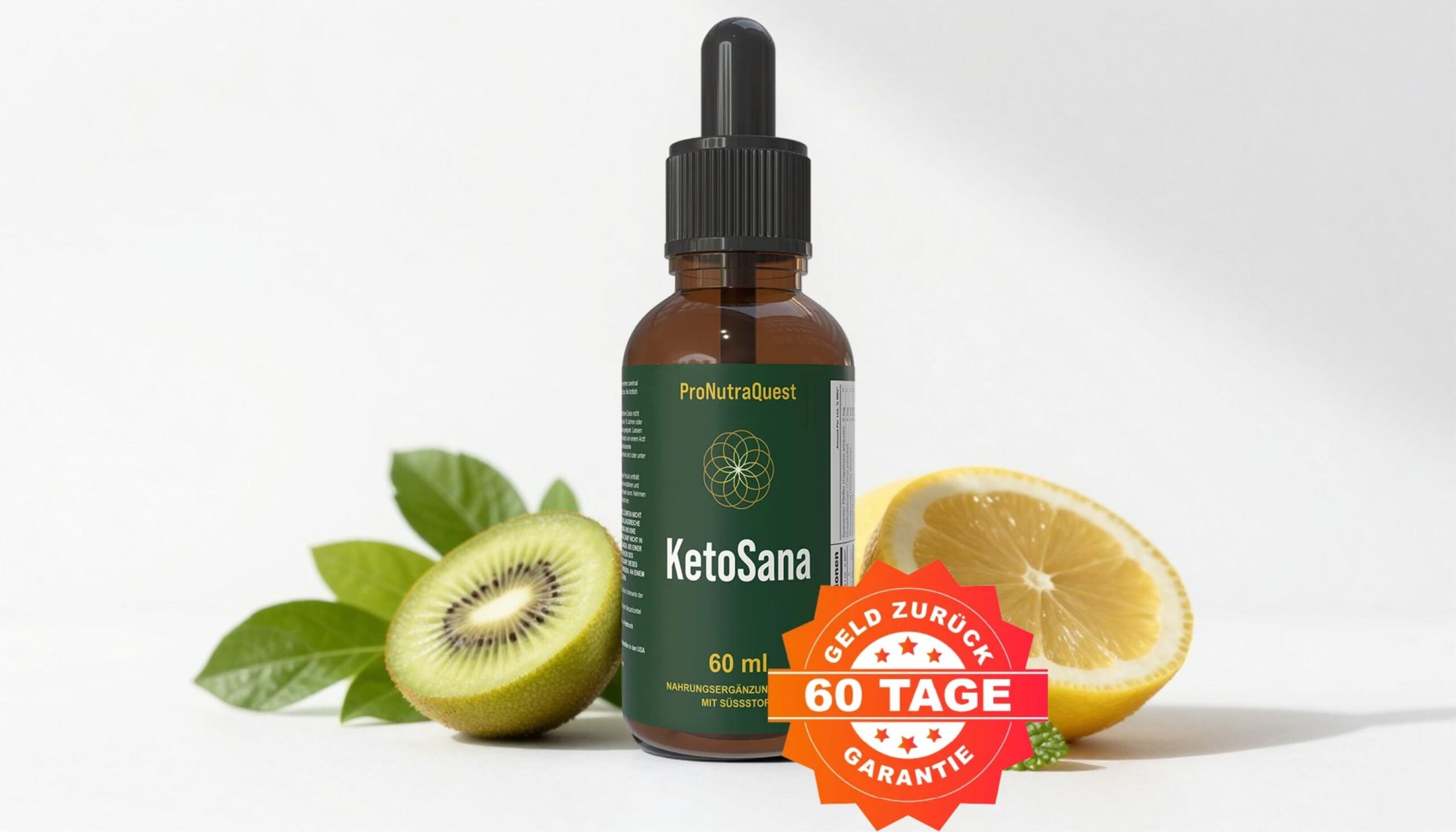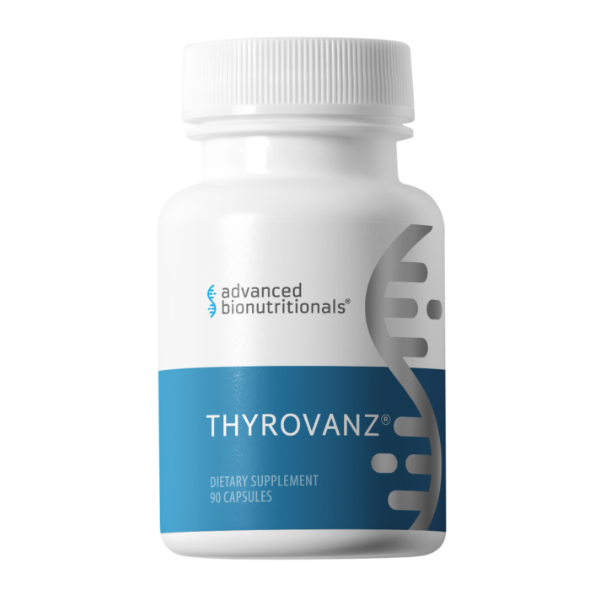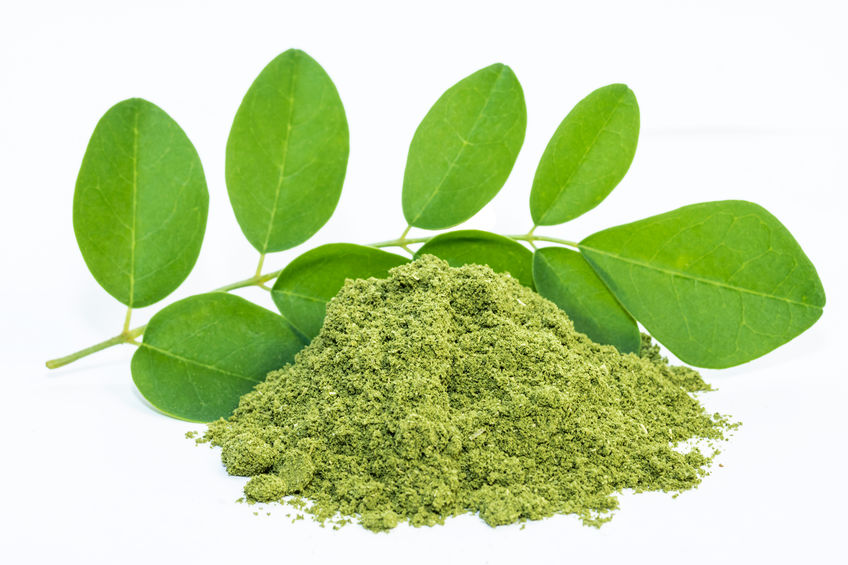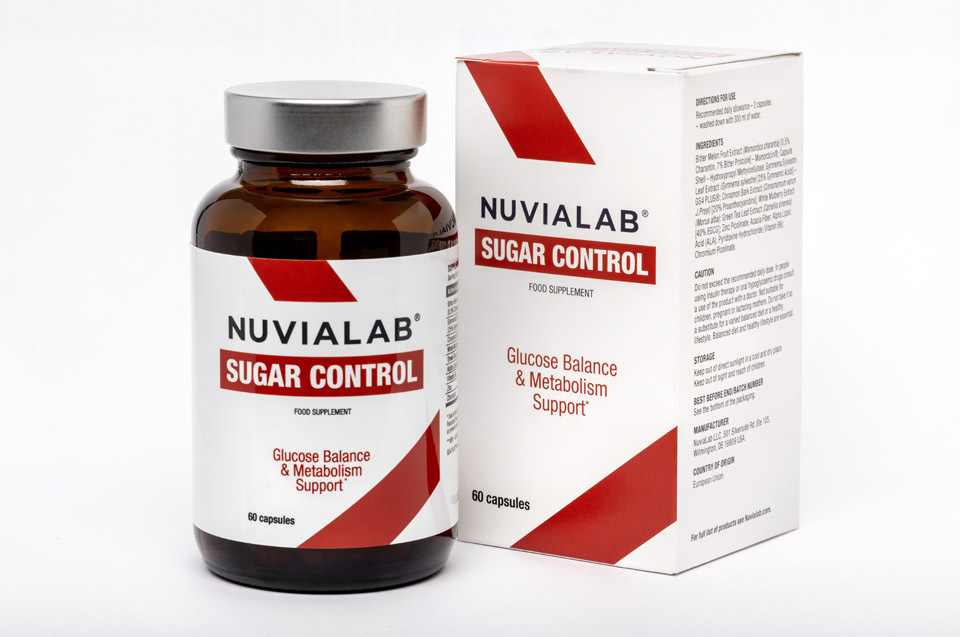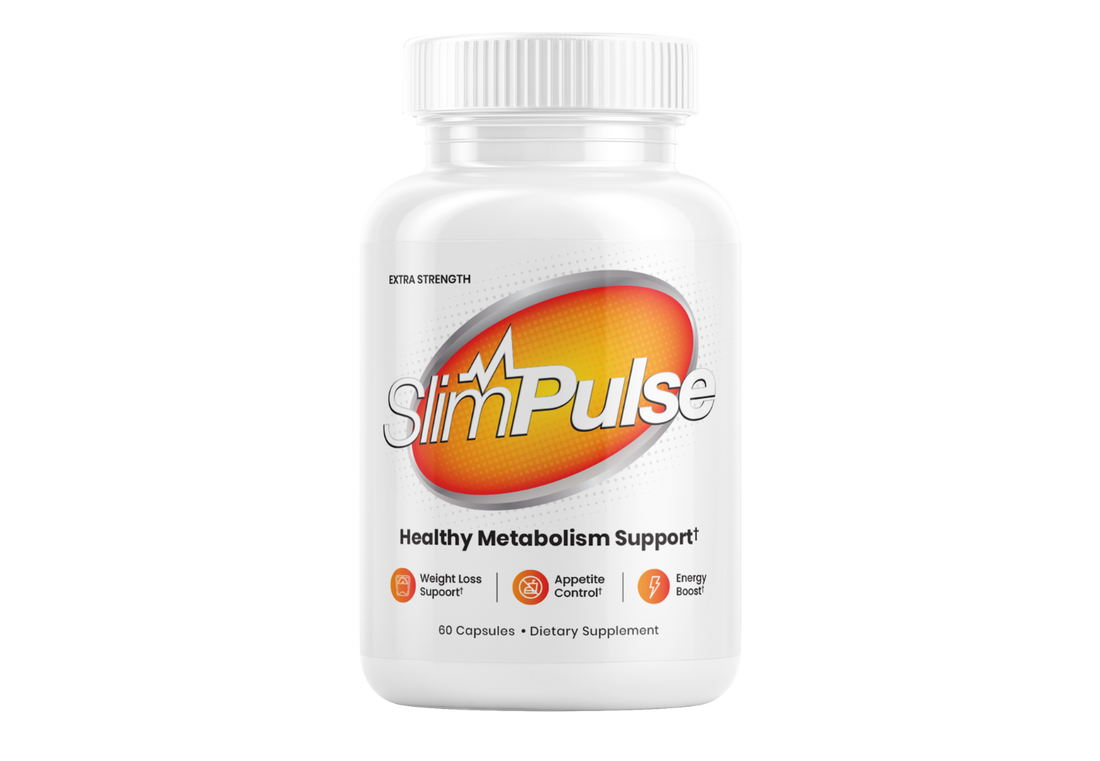Prostate health as men age is a common concern. Some risks, like family history and genetics, can’t be changed. But, men can make lifestyle changes to help their prostate health. Staying at a healthy weight, eating more veggies, eating less red meat, exercising regularly, managing stress, and quitting smoking can all help. Regular check-ups are also important. Tests like the digital rectal exam, PSA test, and prostate health index (PHI) can catch prostate cancer early. By knowing the risks, screening guidelines, and ways to prevent issues, men can lower their risk of prostate issues and boost their health as they age.
This article looks at ways to keep prostate health in check as men age. It covers early detection, lifestyle changes, treatments, and more.
Understanding the Prostate Gland
The prostate is a small, walnut-shaped gland vital to the male body. It sits below the bladder and in front of the rectum. The prostate gland surrounds the urethra, which carries urine out of the body. Its main job is to make fluid that mixes with sperm to form semen. This ensures sperm can move and stay safe. The prostate also controls urine flow by managing the muscle that opens and closes the urethra. As men get older, the prostate often grows bigger. This can cause health problems if not handled well.
Knowing how the prostate works is key to keeping men healthy. It helps in dealing with issues like benign prostatic hyperplasia (BPH) or prostate cancer as men age.
Common Problems with Prostate Health as Men Age
As men get older, they are more likely to face prostate issues. These include benign prostatic hyperplasia (BPH), prostatitis, and prostate cancer. It’s important to know about these conditions to keep the prostate healthy.
Benign Prostatic Hyperplasia (BPH)
As men get older, their prostate gland changes. These changes can raise the risk of health problems. One big issue is how the prostate changes as men age. The prostate often gets bigger, causing urinary symptoms like those seen in benign prostatic hyperplasia (BPH), a non-cancerous growth of the prostate gland. It’s more common in older men, with half experiencing symptoms by 60. About 25 to 30 percent of men with a bigger prostate have symptoms. These include trouble urinating, a weak urine stream, and needing to go often. They might also get urinary tract infections, bladder stones, or have less kidney function. After 50, the risk of getting prostate cancer goes up too.
It’s important for men to get regular check-ups. This helps keep their prostate healthy as they age. Tests like the PSA test and digital rectal exam can spot any big changes in the prostate gland early.
Knowing about prostate changes and acting early can help men keep their prostate healthy. Regular check-ups and quick action are key. They help stop or manage issues like BPH and prostate cancer.

Prostatitis
Prostatitis is inflammation of the prostate. It can be caused by infections or chronic inflammation. Symptoms include pelvic pain, trouble urinating, and other urinary issues. It’s more common in younger men than older ones.
Prostate Cancer
Prostate cancer is a major concern for older men. Some types grow slowly and might not need immediate treatment. But others can be aggressive. Early detection and screenings are key to managing it.
Knowing about prostate problems in aging men is crucial for good health. Regular check-ups, lifestyle changes, and timely medical care can help manage these issues. This keeps men healthy overall.
Symptoms of Prostate Issues
As men get older, they might face prostate health issues. Knowing the common symptoms is key for catching problems early. Look out for these signs:
- Frequent urination, especially at night
- Difficulty starting or maintaining a steady urine stream
- Pain or burning sensation during urination
- Blood in the urine or semen
- Painful ejaculation
- Lower back, hip, or pelvic pain
Not all prostate issues show clear symptoms, especially in the beginning. Prostate cancer often has no symptoms until it’s more advanced. Regular check-ups and screenings are vital for catching signs of prostate cancer and other prostate cancer early symptoms.
If you notice any of these symptoms of prostate problems, see your doctor right away. Early detection and treatment can greatly improve prostate health as men age.
Prostate Health Screenings and Exams
Keeping the prostate healthy is key as men get older. It’s important to get regular check-ups to catch problems early. The digital rectal exam and the PSA test are two main tests for checking for prostate cancer.
Digital Rectal Exam
A digital rectal exam lets doctors check the prostate gland for any problems. They put a gloved, lubricated finger into the rectum to feel the prostate’s size, shape, and feel.
Prostate-Specific Antigen (PSA) Test
The PSA test checks the prostate-specific antigen level in the blood. High levels can mean prostate cancer or other issues. Men should talk to their doctor about PSA screening, especially as they age.
Those aged 40-54 might need PSA screening if they have risk factors like a family history of prostate cancer. Men 55-69 can greatly benefit from regular screening. Doctors often suggest testing every two to three years for this group.
If PSA levels are high, more tests might be needed to find the cause. New tests can also help figure out the risk of prostate cancer and guide treatment.
Talking often with doctors about prostate cancer screening is key. It helps men make the best choices for their prostate health as they age.
Treating Prostate Problems
Treating prostate problems depends on the condition and its severity. For mild cases, doctors might suggest “watchful waiting.” This means they keep an eye on the condition without treating it right away. This approach helps understand how the condition changes over time.
Medications
Medicines can help with prostate issues, especially BPH. Alpha blockers and 5-alpha reductase inhibitors can ease symptoms by relaxing muscles or shrinking the prostate. These medications for prostate issues can ease symptoms and might prevent surgery.
Surgical Interventions
For severe prostate issues, surgery might be needed. Procedures like TURP and TUIP can improve urine flow by removing or shrinking the prostate. These prostate surgery procedures help with symptoms caused by an enlarged prostate.
The right treatment depends on the prostate size, age, health, and symptom severity. Regular check-ups and working closely with a healthcare provider are key to finding the best treatment plan for prostate problems.
Lifestyle Changes for Prostate Health as Men Age
As men get older, making some lifestyle changes can really help their prostate health. Eating well, staying active, and managing stress are important. These actions can keep the prostate healthy and lower the risk of problems that come with age.
Reducing Red Meat Consumption for a Healthier Prostate
Your diet is key to keeping your prostate healthy. Cutting down on red meat is important. Studies show that eating too much red meat, especially when it’s charred or cooked at high heat, can raise your risk of prostate cancer.
A chemical called PhIP is released when red meat is cooked at high temperatures. PhIP might increase your risk of prostate cancer. To lower your risk, eat less red meat and choose leaner proteins or plant-based foods instead.
Eating 50 grams of raw tomatoes daily can cut your risk of an enlarged prostate by about 10%. Cooking tomatoes can lower the risk by up to 35%. Also, eating broccoli more than once a week can help prevent stage 3 and stage 4 prostate cancer in up to 45% of cases.
By eating less red meat and more plant-based foods like tomatoes and broccoli, you can help keep your prostate healthy. Small changes in your diet can make a big difference in your long-term health.
Maintaining a Healthy Weight for Prostate Health as Men Age
As men get older, keeping a healthy weight is key for their prostate health. Studies show that being stout and having too much belly fat raises the risk of prostate cancer. This is the second most common cancer death in American men.
In western countries, the risk of getting prostate cancer is six times higher than in non-western countries. These countries eat fewer animal products like dairy and meat.
To lower the risk of prostate cancer, eating more plants is advised. This means eating whole grains, veggies, fruits, and beans. Swapping out starches for veggies like broccoli and cauliflower can cut calories without feeling hungry. Keeping track of what you eat in a journal can also help spot where you can eat less and eat better.
Exercise is also crucial for a healthy weight. When you exercise, your body releases proteins called myokines. These proteins help burn fat and boost your immune system, which can help fight cancer. Experts say eating well and staying active can lower the risk of prostate cancer.
By eating a balanced diet full of plants and staying active, men can help keep a healthy weight. This supports their prostate health as they age.
The Power of Vegetables in Prostate Cancer Prevention
Vegetables are key to a healthy prostate. Studies show that eating lots of green, leafy veggies can lower prostate cancer risk. These foods are full of antioxidants and compounds that protect the prostate and the body.
Research says eating plant-based diets can cut prostate cancer risk by 47%. Just adding one or two servings of veggies, fruits, and whole grains daily can help. This can lower the risk of cancer getting worse.
Vegetables do more than fight cancer. They also boost quality of life for men with prostate cancer. Eating more plant-based foods can improve sexual and urinary function, and overall health.
Some veggies are especially good for prostate health. Tomatoes, citrus fruits, soy products, and green tea are great choices. Eating canned or cooked tomatoes more than four times a week can lower prostate cancer risk by 28%. Soy’s isoflavones also help reduce the risk.
To keep your prostate healthy and lower cancer risk, eat lots of nutrient-rich veggies daily. This simple change can help you use antioxidants and other good stuff to protect your prostate.

The Mediterranean Diet: A Powerhouse for Prostate Protection
As men get older, keeping the prostate healthy is key. The Mediterranean diet is a great choice. It’s full of fruits, veggies, whole grains, legumes, healthy fats, and some seafood. This diet is linked to lower prostate problems risk.
It’s packed with antioxidants, vitamins, and minerals that help the prostate work well.
Exercise and Its Preventive Effects on Prostate Issues
Staying active is key for keeping the prostate healthy as men get older. Regular exercise for prostate health helps prevent many prostate problems.
Studies show that men who do moderate exercise and prostate health activities have an 86% lower risk of aggressive prostate cancer. Also, exercising hard for more than three hours a week can cut the risk of dying from prostate cancer by 61%.
Being active often is also linked to better survival for men with prostate cancer. The American College of Sports Medicine suggests doing at least 150 minutes of moderate exercise each week. This means 30 minutes a day for five days to keep the prostate healthy.
Not just aerobic exercises, but also pelvic floor exercises like Kegels can help. These exercises reduce urinary incontinence and erectile dysfunction in men.
Starting with small amounts and slowly increasing exercise intensity is best for those new to exercise. Activities like brisk walking, swimming, or using an exercise bike help prevent prostate cancer from getting worse or coming back.
Choosing to exercise regularly can greatly lower the risk of prostate problems. It also boosts overall health and well-being.
Hydration: A Simple Yet Crucial Step for Prostate Health
Keeping up with hydration is key for prostate health as men get older. Drinking enough water helps prevent and manage prostate issues like BPH and prostate cancer.
Experts say men should drink at least eight cups (64 ounces) of water a day for a healthy prostate. Drinking water often, especially after exercise, helps remove toxins. This can stop harmful compounds from building up and causing prostate problems.
- Staying hydrated lowers the risk of BPH, a common issue in older men.
- Drinking enough water also supports prostate function and might lower prostate cancer risk by reducing inflammation and keeping the prostate healthy.
It’s also important to avoid drinks that can dehydrate you, like alcohol and caffeinated drinks. By focusing on hydration for prostate health and drinking water, men can help keep their prostate healthy. This can also lower the risk of prostate issues that come with age.
Stress Management: Protecting Your Prostate and Overall Well-being
As men get older, keeping the prostate healthy is key. Stress might not directly cause prostate problems. But, long-term stress can harm overall health and well-being. It can weaken the immune system, change hormone levels, and make men more likely to get health issues, including prostate problems.
Meditation is a great way to fight stress and help prostate health. It helps ease daily stress, boosts mental health, and makes the immune system stronger. By meditating every day, men can handle stress better and support their prostate gland’s health.
Other ways to manage stress include regular exercise, relaxing, and getting help when needed. These methods are important for keeping the prostate healthy. By focusing on stress management, men can protect their prostate and overall health as they age.
- Stress can weaken the immune system and change hormone levels, making men more likely to have prostate issues.
- Meditation is a powerful tool for managing stress and can help make the immune system stronger.
- Regular exercise, relaxation practices, and getting professional help are also good ways to manage stress and help prostate health.
Quitting Smoking: A Proactive Step for Prostate Health
As men get older, keeping their prostate healthy is key. One big step is to quit smoking. Smoking is linked to a higher risk of prostate cancer, a common cancer in men.
There’s a strong link between quitting smoking for prostate health and smoking and prostate cancer. Tobacco smoke’s harmful substances can hurt the prostate gland. This can lead to inflammation and cancer cells. Quitting can lower the risk of prostate cancer and other issues.
- Smoking raises the risk of benign prostatic hyperplasia (BPH), which makes the prostate gland bigger and can cause pee problems.
- Tobacco smoke’s carbon monoxide can make it hard for the body to get oxygen to the prostate. This can help cancer spread.
- Stopping smoking can lower the risk of prostate cancer and improve prostate health and function.
Talking openly with your doctor about quitting can be a big step towards a healthy prostate. With the right help and plans, you can manage your prostate health and lower the risk of serious problems.

Alcohol Consumption and Cancer Risk
Drinking alcohol is linked to a higher risk of some cancers, like breast, liver, and colorectal cancer. But, its link to prostate cancer is not as clear. Some studies hint at a connection, especially with heavy or long-term drinking. Yet, the proof is not strong.
The type of alcohol matters too. For example, a Harvard study found a link between moderate drinking and prostate cancer. Liquor seemed to have a stronger link than wine or beer.
Regular drinking can harm health, raising the risk of breast cancer, digestive cancers, and possibly prostate cancer. Even though there’s no solid proof of a direct link, a balanced lifestyle and moderate drinking are good for health.
Signs of heavy drinking and prostate cancer can be similar, like weight loss, feeling tired, bone pain, and swollen feet. It’s important to know these signs and talk to doctors if you’re worried.
Prostate Health and Sexual Function
As men get older, their prostate health can affect their sexual function and relationships. Issues like benign prostatic hyperplasia (BPH) and prostate cancer can cause erectile dysfunction, lower libido, and painful ejaculation.
About 50% of men face BPH as they age. Erectile dysfunction (ED) affects 90% of cases, mostly due to health issues, not just aging. Prostate cancer, a common cancer in older men, worsens these sexual health issues.
Men should talk to their doctors about sexual health concerns. There are treatments and strategies to help manage these issues and keep a healthy sex life. Early detection and treatment of prostate problems are key to keeping sexual function and overall health good.
Some changes in the male reproductive system with age, like prostate growth or testicular shrinkage, can’t be stopped. But, managing health issues like high blood pressure and diabetes can lessen urinary and sexual problems. Regular check-ups and prostate screenings are key for men to stay informed and protect their relationships as they age.
Minimizing the Risk of Prostate Cancer
Prostate cancer is a common health issue for older men. But, there are steps to lower the risk. Making lifestyle changes can help men reduce their chances of getting the disease.
Risk Factors
Men over 50 are more likely to get prostate cancer, and the risk goes up with age. A family history of prostate cancer can also double a man’s risk, especially if it was found young or in many family members.
Dietary Changes
- Eat a diet low in fat and high in fruits and veggies to stay healthy.
- Reduce red meat, charred foods, and processed foods to lower cancer risk.
- Add healthy fats like those in fish, nuts, and olive oil to your meals.
- Limit dairy products and calcium to avoid a slight increase in prostate cancer risk.
- Eating foods rich in lycopene, such as tomatoes, might help protect against cancer.
Regular exercise of about 30 minutes daily can also lower prostate cancer risk and boost overall health. Men at high risk should talk to a doctor about ways to reduce their risk, including medication options.
Early Detection and Regular Check-ups
Prostate exams and regular check-ups are key to keeping prostate health in check as men get older. Doctors suggest starting prostate screenings at age 50 or earlier if there’s a family history of prostate cancer. These screenings include digital rectal exams and PSA tests.
It’s vital to have regular check-ups and talk openly with your doctor about prostate health. Catching prostate issues early can make a big difference. Routine exams and screenings help spot problems early, stopping them from getting worse.
The American Cancer Society says the 5-year survival rate for localized prostate cancer is almost 100%. If caught early, the survival rate is over 99%. This shows how crucial regular prostate exams are for catching cancer early.
Men with higher risk factors, like being Black or having a family history of cancer, should talk to their doctor about testing at 40. Regular PSA blood tests and digital rectal exams help catch prostate cancer early, since it often has no symptoms until it’s advanced.
By focusing on prostate health and getting regular check-ups, men can play a big part in staying healthy as they age. Early detection and quick treatment can greatly improve health and quality of life. So, making regular prostate exams a key part of preventive healthcare is a smart move.
Alternative and Complementary Therapies
As men get older, they might look into other ways to help their prostate health. These can include things like herbal supplements, acupuncture, and massage. Some men find these helpful in easing symptoms and discomfort related to their prostate.
Herbal Supplements for Prostate Health
Herbal supplements like saw palmetto, pygeum, and stinging nettle are studied for helping with benign prostatic hyperplasia (BPH). Nettle root extracts are especially promising. They can lessen BPH symptoms and make life better for those with the condition.
Other herbs, like lycopene-rich olive oil and cranberry powder, also help with prostate health. They might stop the production of dihydrotestosterone (DHT). DHT can make the prostate grow and cause problems.
The Importance of Vitamin D for Prostate Health
As men get older, keeping the prostate healthy is key. Vitamin D is thought to be very important for this. Not getting enough sun, which is the main way most people get vitamin D, can raise the chance of getting prostate cancer. This is because vitamin D helps lower the risk of this disease.
Many studies show how crucial vitamin D is for the prostate. If you don’t have enough vitamin D, you might face more health problems. These include being frail, having trouble with erections, and even dying sooner. Also, taking vitamin D can help slow down benign prostatic hyperplasia issues.
Vitamin D is also key for making testosterone and keeping men’s reproductive health good. It’s found in the male reproductive system and helps with testosterone levels. Taking vitamin D has been shown to boost sexual health and improve erections in men who were lacking in it.
Vitamin D does more than just help the prostate. It keeps the heart, kidneys, and pancreas healthy too. So, getting enough vitamin D through the sun or supplements is a smart move. It can help keep the prostate healthy and lower the risk of prostate problems as men get older.
The Surprising Risk of Vitamin E Supplements
While some vitamins and minerals can help prostate health, several research studies have shown that vitamin E might actuall increase the cancer risk due to its ability to make prostate cells produce too many harmful oxygen molecules. This can harm cells. Also, vitamin E might make certain enzymes work more, which can lead to cancer. This shows we should be careful with vitamin E supplements. Men should talk to their doctors before taking any supplements, especially for prostate health.
Acupuncture and Massage for Prostate Health
Some men also try acupuncture and prostate massage for relief from discomfort and pain. These methods aim to relax, improve blood flow, and ease symptoms of prostatitis and BPH.
It’s key for men to talk to their doctors before trying these therapies. This ensures they’re safe and work well with other treatments. By trying different natural remedies, men can be more in charge of their prostate health as they age.
Managing Side Effects of Prostate Treatments
Prostate treatments can sometimes cause side effects, like urinary incontinence and erectile dysfunction. These effects can really affect a man’s life. But, doctors and patients can work together to manage these issues.
Doctors might prescribe medicines to help with these problems. For example, there are drugs for urinary incontinence or erectile dysfunction. Pelvic floor therapy can also help with incontinence and sexual issues.
Changing your lifestyle can also help. Eating well, exercising, and reducing stress can lessen the effects of prostate treatments. These changes can improve your overall health and happiness.
Talking often with your doctor is key to handling prostate treatment side effects. It’s important to share any issues you’re facing. This way, your doctor can help you get the best care possible.
By working with your healthcare team and making lifestyle changes, men can stay healthy and improve their quality of life during prostate treatments.
Conclusion
Keeping your prostate healthy is key to men’s health as they get older. Some risks for prostate issues can’t be changed, but there are steps to prevent or manage them. These include regular check-ups, making lifestyle changes, and trying medical treatments and other therapies.
Being proactive about prostate health can make life better and lessen the effects of common age-related problems. After 40, prostate issues become more common in men. So, it’s important to focus on prostate health with regular screenings, early detection, and tailored management plans.
With the right steps, men can manage their prostate health and stay well as they age. By understanding the importance of prostate health and following tips for staying healthy, men can look forward to a better life in their later years.
FAQ
What are the most common prostate problems that men face as they age?
What are the symptoms of prostate problems?
When should men start getting regular prostate health screenings?
What are the treatment options for prostate problems?
How can lifestyle changes help maintain prostate health as men age?
Can alternative and complementary therapies help with prostate health?
How can prostate treatments impact sexual function?
What are the risk factors for prostate cancer?
Source Links
- Prostate Problems
- Prostate Cancer: Prevention
- What Is the Prostate? What’s Normal as You Age?
- The Basics of Prostate Cancer
- Three age-related prostate issues men should know about
- Prostate Problems – NIDDK
- Your Prostate Over 40
- Prostate cancer – Symptoms and causes
- Prostate Cancer Risk Factors | Risk Factors for Prostate Cancer
- Understanding Prostate Changes
- Prostate Problems
- Benign prostatic hyperplasia (BPH) – Symptoms and causes
- Prostate Diseases | Prostatitis | Enlarged Prostate | MedlinePlus
- Prostate problems
- Prostate Cancer: Age-Specific Screening Guidelines
- Prostate Enlargement (Benign Prostatic Hyperplasia) – NIDDK
- Key Statistics for Prostate Cancer | Prostate Cancer Facts
- Benign prostatic hyperplasia (BPH) – Diagnosis and treatment – Mayo Clinic
- Benign Prostatic Hyperplasia (BPH): Symptoms & Treatment
- Prostate cancer – Diagnosis and treatment – Mayo Clinic
- BPH: Does diet play a role?
- 8 Tips for Better Prostate Health
- The Role of Diet in Prostate Health
- How to lower your risk of prostate cancer
- Prostate Cancer Prevention
- Prostate Cancer Prevention
- Management of Complications of Prostate Cancer Treatment
- Management of prostate cancer in older men: recommendations of a working group of the International Society of Geriatric Oncology
- Prostate Cancer Treatment
- Tips for Keeping a Healthy Prostate
- Promoting Prostate Health: Lifestyle Habits That Make a Difference – Premier Medical Group
- What to Know About Supplements and Prostate Health
- Advances and development of prostate cancer, treatment, and strategies: A systemic review
- Prostate Health – Harvard Health
- Prostate Cancer in Seniors: Part 1: Epidemiology, Pathology, and Screening
- The Effect of Age on Prostate Cancer Survival
- Prostate Health
Disclaimer
Please understand that any advice or guidelines revealed in this article are not in any way a substitute for sound medical advice from a licensed healthcare provider. Make sure to consult with a professional physician before using any of the advice provided here, especially if you use medications or have concerns following the advice shared above. No statement in this article is intended to diagnose, treat, cure, or prevent any disease.

